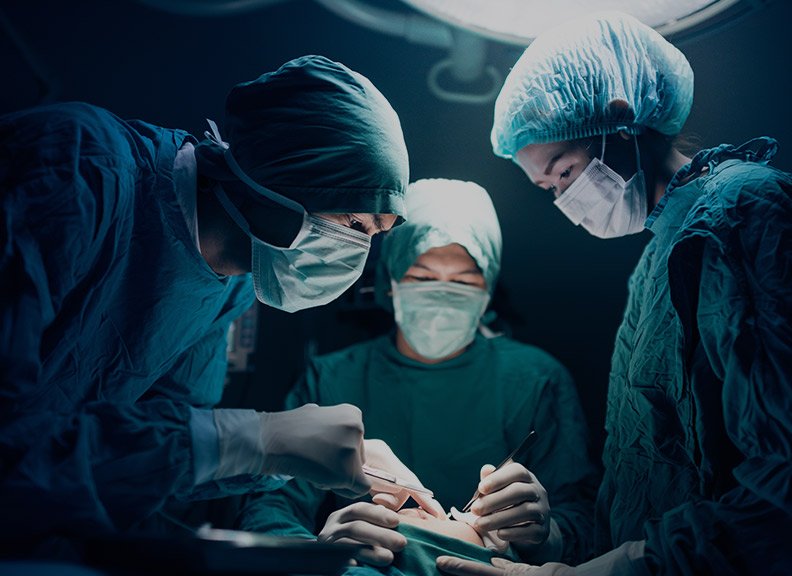
For the immediate and immense gratification that one feels when a patient is cured, it is worth the physical exhaustion.
Medicine is not an exact science. Whether a patient gets cured of their disease or not depends upon several factors. These include the nature and extent of the disease, age and other comorbid conditions. Surgeons use a specific skillset (i.e. surgery) to treat patients. For example, if someone is suffering from a liver cancer and is a suitable candidate for curative surgery, the procedure may take 6 hours but on the 6th day the patient will walk home, completely cured of their disease. Occasionally however, a patient may not recover from their disease and the surgeon experiences a gut wrenching low as well.
Acquiring such a complex skill is not easy. Surgical training is gruelling and can take 6–8 years after completion of medical school. During residency, one learns to go long hours without food, little sleep and be a go getter. We are constantly reminded that it is important to eat, sleep or refresh yourself whatever you get, whenever you get the time and wherever possible. A popular quote in surgery is that a good surgeon should have the eyes of an eagle, legs of a horse, hands of a lady and heart of a lion.
At the end of the day it is never about the surgeon or their skill, it is always about what is best for the patient. If these are the feelings that touch your heart, you can choose to become a surgeon.




